Source: Reeves, Phil, “How Armenia won the war but lost the oil”, Independent, 25 July 1997
*all opinions expressed are those of the original author and do not necessarily reflect the opinions or stance of Nagorno Karabakh Observer.
Yerevan – The President of Armenia keeps an atlas on the table in the large room from which he runs his country. But when Levon Ter- Petrossian turns the pages to his own region, his permanent frown must surely deepen to a scowl.
His eye will alight unhappily on his neighbour Azerbaijan, with whom Armenia has been at war over the mountain enclave of Nagorny-Karabakh. The conflict, which cost 25,000 lives, has yet to be finally settled, despite a two-year ceasefire. For many of his citizens, the issue is as burning a national cause as the 1915 massacre of Armenians by Ottoman Turks. So they are alarmed to see their opponents now have a new weapon: oil. And new friends: the Americans.
For Armenians, it is an unhappy reversal of fortune. They receive more United States aid than any other country except Israel, not least because of the efforts of a highly motivated diaspora. Azerbaijan, by contrast, is subject to a ban on US aid. Yet now Washington’s eyes are straying eastwards, seduced by the riches that lie below the warm waters of the Caspian Sea.
Armenia has always been touchy about its position on the map. It is acutely aware that it is a Christian state surrounded on three sides by Islam. That sentiment has been deepened by the blockade of two of its four borders – with Azerbaijan and Turkey – following the war which not only left Armenian Karabakhs in control of their enclave, but also left a swath of Azeri land in Armenian hands. Military victory was theirs; yet the country has acquired an embattled, solitary air.
Mr Ter-Petrossian balks at any mention of the word “isolation”. The US and Russia still have interests in his country, he said in a recent interview with The Independent. He does not dispute, however, that there are “problems”. “Yes, it’s true that the US has very serious interests in Azerbaijan and these are connected with oil,” he said. “And it’s true that Russia doesn’t want to spoil its relations with Azerbaijan because of its interests there.”
“Serious interests” is no exaggeration. US oil giants have 40 per cent of the leading BP-led consortium developing Azerbaijan’s oil resources, estimated at twice that of the North Sea. The Azeri President, Haidar Aliyev, a former-member of Brezhnev’s Politburo, is soon to be feted for the first time in Washington by President Bill Clinton. A who’s who of political heavyweights in the US are pressing for an end to the ban on aid to Baku, including two former national security advisers, George Bush’s Secretary of State, James Baker, and the former White House chief-of staff, John Sununu. When it comes to a fight for Washington dollars between the Armenia diaspora and the oil lobby, it is an unequal contest. The oilmen are the favourites.
Though still close, relations with the Russians have also changed. Moscow’s old divide-and-rule policy in the Trans-Caucasus has changed. In 1994, Moscow’s generals dispatched $1bn of free arms to Yerevan and Russian involvement was suspected in assassination attempts against Mr Aliyev and Eduard Shevardnadze in Armenia’s neighbour, Georgia. Now Moscow also smells the bouquet of oil. The Russian company Lukoil has been cut into Azerbaijan’s Caspian operations.
For Armenia, the heaviest blow came at the Lisbon summit of the Organisation for Security and Cooperation in Europe last December. Every country (except Armenia) supported a resolution stating that Nagorny-Karabakh should receive the highest level of autonomy – but within Azerbaijan. “Ever since then, they have felt that the world is ganging up on them,” one diplomat said. “There has been a change of mentality, a hunkering down.”
Mr Ter-Petrossian, 52, a former academic, has not always helped his cause. Immediately after Armenia gained independence, he was seen by the West as one of the better behaved new leaders. The economy shrank by half and much of the republic slumped into poverty. But he pushed on with market reforms. Lately, his reputation has become tarnished. He banned an opposition party, and closed several newspapers. Last September, a scandal erupted when he was re-elected by a poll condemned by international observers as seriously flawed. There was alarm about the disparity of 22,013 between voters and the number of coupons registered. Mr Ter-Petrossian won by 21,941 votes.
“Those were not ideal elections,” he said. “Yes, there were violations. There were technical violations, violations by the electoral commissions, violations by the opposition and shortcomings of the law.” He admits that the elections “did a lot of damage internationally” but insists the result was unaffected. His second term will be critical.
Manoeuvrings over a settlement with Baku over Nagorny-Karabakh are underway. There has been talk of giving Armenia, which holds one-fifth of Azeri territory, the route for the main pipeline exporting Azeri oil. Mr Ter- Petrossian seems to take the proposal seriously, though he says he will not allow it to be linked to the Karabakh issue and accuses Mr Aliyev of using it as a “weapon” in negotiations. He talks of “special status” for Karabakh – one that stops short of recognising it as part of Azerbaijan.
Mr Ter-Petrosian’s position is not easy. Without a settlement, this nation of 3.5 million risks missing out on the regional benefits of Caspian oil and its national sense of being history’s whipping boy will deepen. But compromise with Baku is certain to be met with a backlash at home. Try proposing a toast to “friendship among nations” at an Armenian dinner. A harmless gesture? Not in Yerevan. When this correspondent did it, the smiles around the table froze. Friendship with Baku – oil or no oil – still sends shivers up Armenian spines.
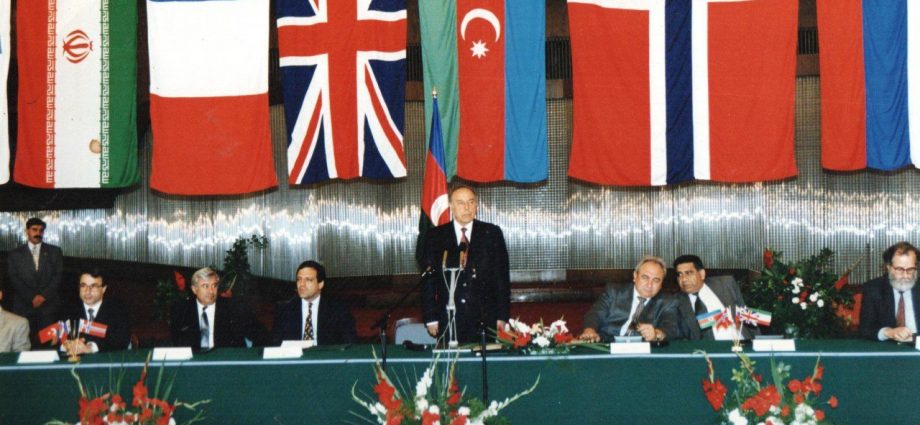
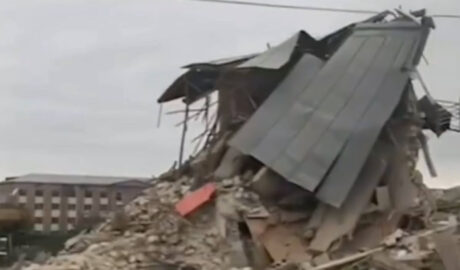
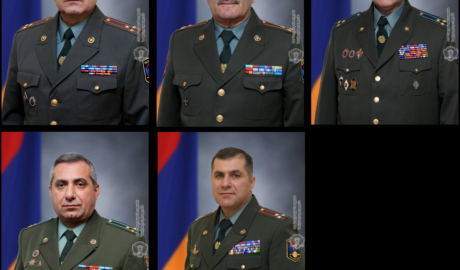

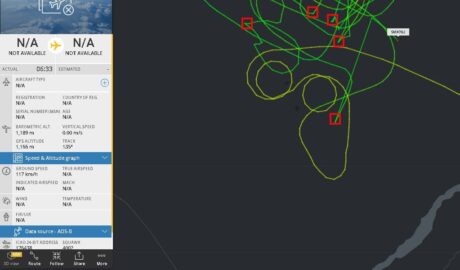
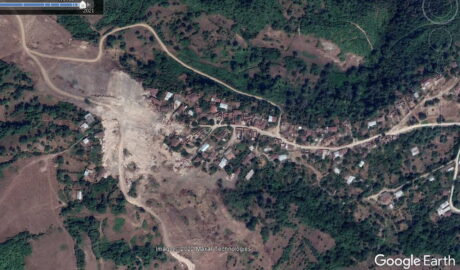
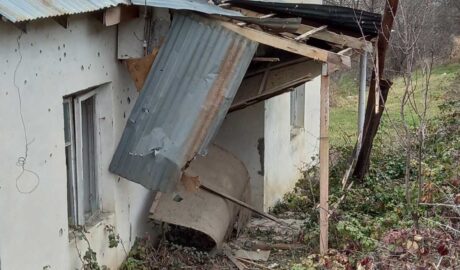
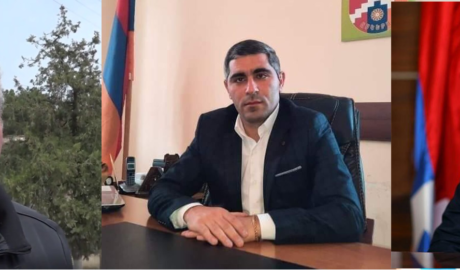
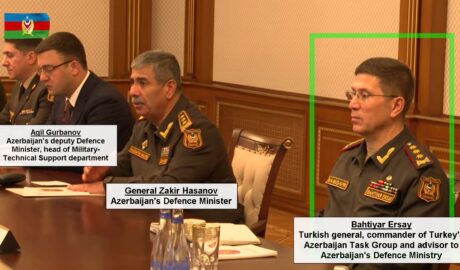
Comments are closed, but trackbacks and pingbacks are open.